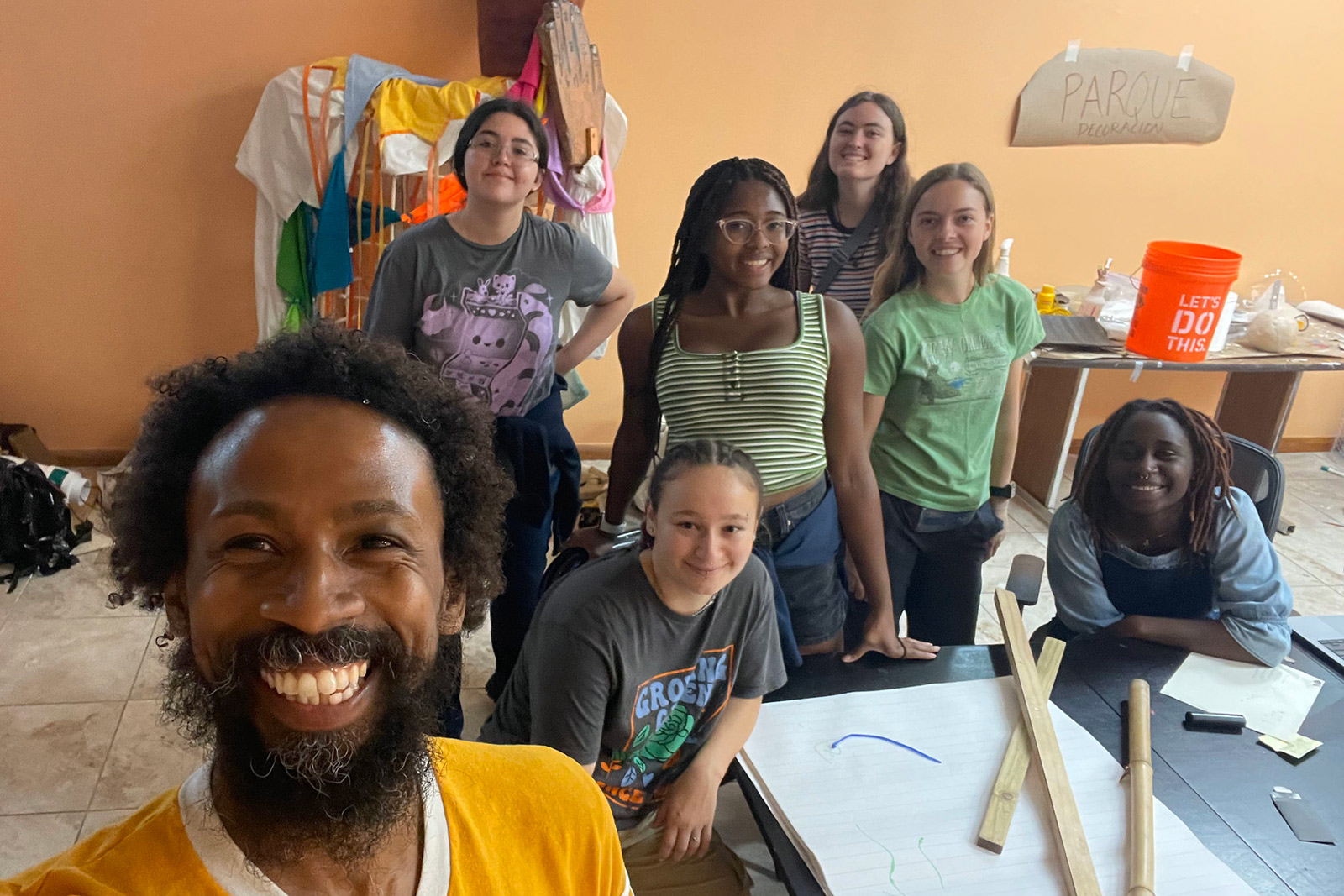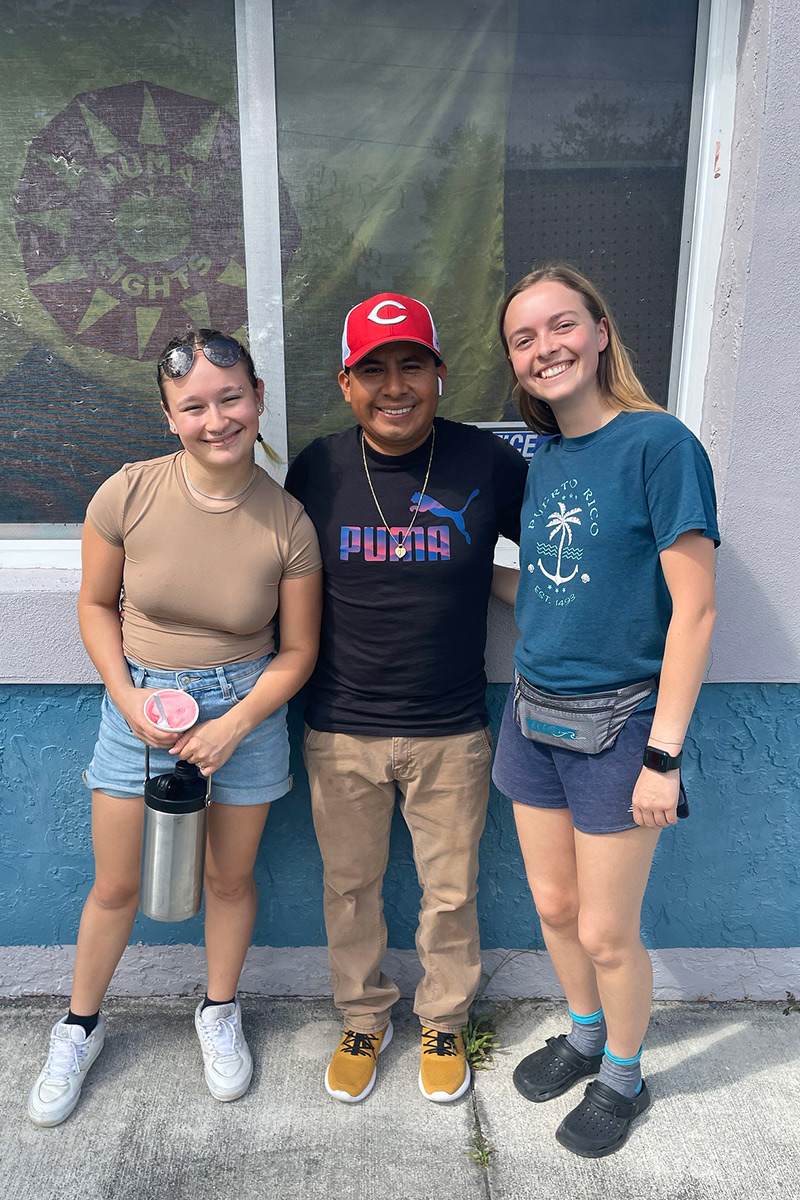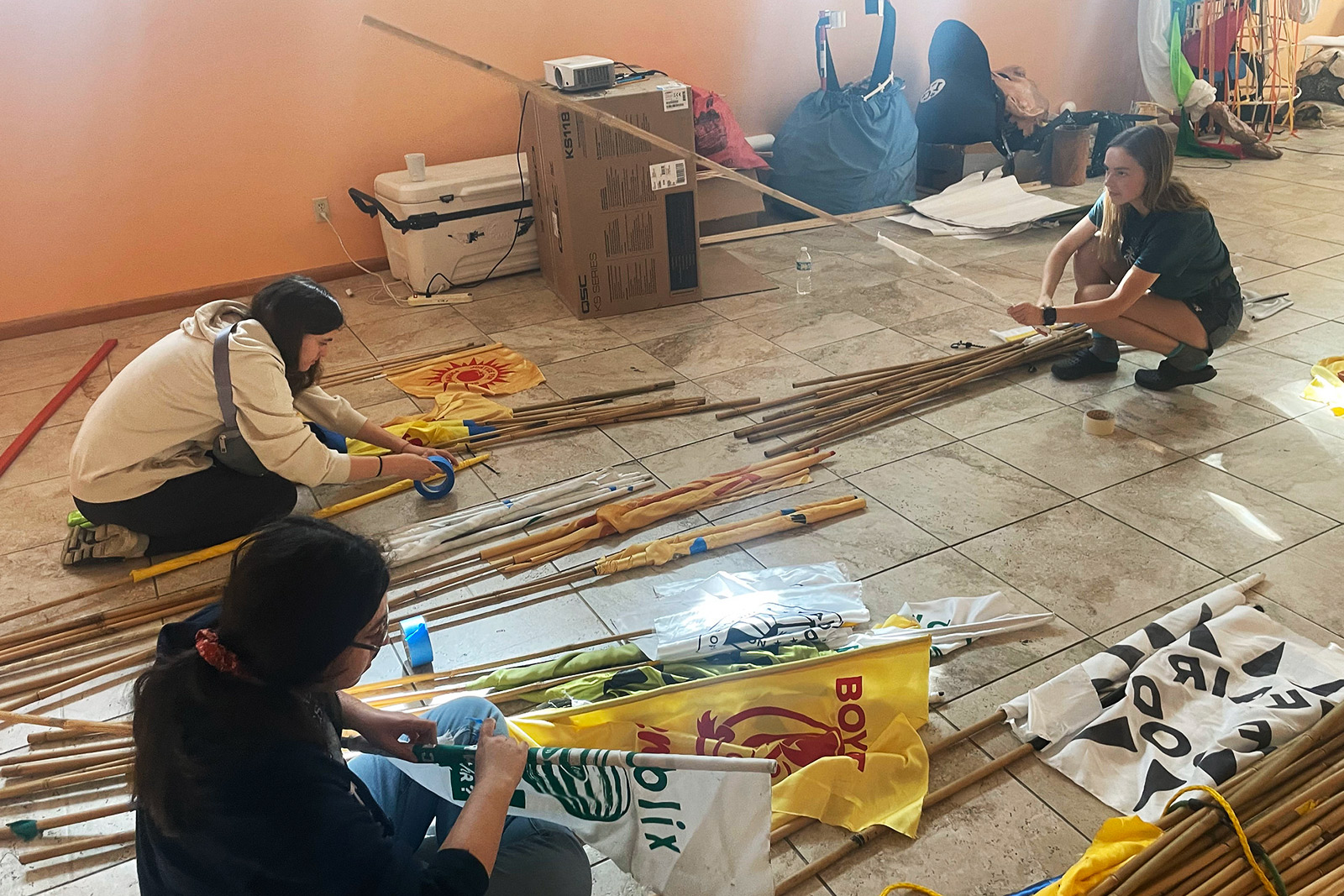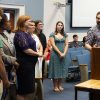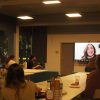Late winter marks the peak season for fruits and vegetables in southwest Florida, and Immokalee, a rural community in Collier County, lies in the heart of the region. Immokalee produces nearly 7% of the nation’s supply of tomatoes—along with vast amounts of strawberries, bell peppers, watermelons and cucumbers. In winter months, Immokalee also is home to more than 30,000 farmworkers.
These people are crucial to Florida’s agricultural industry, advocates say. Yet they’re paid about 50 cents for every 32-pound bucket of tomatoes they pick, a rate that has remained unchanged since 1980. The average worker earns less than $12,000 a year, well below the federal poverty level of $15,060. And when they’re not working, they’re often crowded into delapidated trailers and mobile homes where they sleep on the floor. After they pay rent and buy food, there is little money left.
Into this world stepped six Eckerd College students, led by Ronald Porter ’05, Ph.D., director of service learning at the College. Porter and the students were part of a Spring Break Service Program focusing on issues involving homelessness, poverty and migration in the Tampa Bay area. The group spent two days in late March working with the Coalition of Immokalee Workers and touring the area.
The Coalition is a worker-based human rights organization that in 2011 launched the ground-breaking Fair Food Program, which certifies farms that follow a strict set of workplace safety rules. In exchange, participating farms are first in line to sell their produce to more than a dozen buyers—including Walmart, Trader Joe’s, Whole Foods and McDonald’s.
The students spent part of their day helping Coalition members organize and arrange items inside a recently acquired building. But it was the tour, led by Coalition staff, that likely left a lasting impression.
“It reminded me of areas of highly disenfranchised people,” says Gabrielle Levy, a first-year animal studies and biology student from Twinsburg, Ohio, who also is a Diversity Leadership Scholar. “These are people doing the work that nobody else wants to do. And they live in trailers that are falling apart. Up to 20 people live in one trailer, and they rent them out at ridiculous prices. It was crazy to see we still have things like that going on in this country.
“I have food to eat and clean water and clothes I can afford. It was a good experience for me and an opportunity to see that everything isn’t available to everyone.”
Gabrielle’s mother is a school principal, her father a teacher, and many of her family members serve in the military. “My family has always been the people wanting to step out and help others,” Gabrielle adds. “We volunteer in soup kitchens and donate toys at Christmastime.
“After what we saw, I think modern-day slavery is still very much a thing. When [migrants] come to this country, they’re not being paid fair wages. That makes it difficult to get an education, and that puts them in a position to repeat the cycle.
“I just appreciate Dr. Porter giving us the opportunity to see outside of ourselves and Eckerd College. To be aware of people, including many people of color, who are struggling to get by.”
Sydney Taft Cole, a junior environmental studies and Spanish major from Duxbury, Vermont, was part of Porter’s Food Security Service Program last fall. “This time, we were going to a place where a lot of people speak Spanish,” Sydney explains, “and I’m very interested in social justice and farmworker rights.
“In Vermont, there are a lot of dairy farms that hire migrant workers, but there are also a lot of advocacy efforts going on there, and I had some exposure to that. Coming to Florida, I saw firsthand the injustices of the workers who are living in cramped places and working for very little pay.
“They took us on a driving tour of Immokalee and talked about modern-day slavery,” she adds. “It was pretty terrifying. We saw places where people were living in mobile homes with people packed inside. It was nothing more than a place to lie down. And these are the people who feed our country.”
Also part of the service program in Immokalee were Kira Fink, a junior animal studies and human development student from Edgewater, Maryland; Helena Sifuentes, a first-year marine science student from Converse, Texas; Jo Sievers, a junior human development and Spanish student from Seymour, Connecticut; and Matt Blackett, a senior environmental studies student from St. Petersburg.
“I’d like to work with the Coalition next summer on an internship,” Sydney says. “We drove by and saw so many rows of trailers falling apart. We were told the landlords are not interested in keeping them up. But the Coalition is doing so much good.
“Even little things, like making sure the crew leaders don’t force the workers to heap the buckets full of tomatoes. Just fill them level to the top. It may not seem important, but it is.”
The College’s Spring Break Service Program also included partnerships with Feeding Tampa Bay, the Beth-El Farmworker Ministry and Daystar Life Center.
“I hope the students learned the complexity of migration and of food insecurity,” Porter says, “and that community engagement is a lifelong journey that often starts right in their own backyard. Most importantly, I hope that service continues throughout their lives. We’re going to be working with the same community partners in the fall. We’ve had connections with them for more than 24 years, and we want to continue those relationships.”

